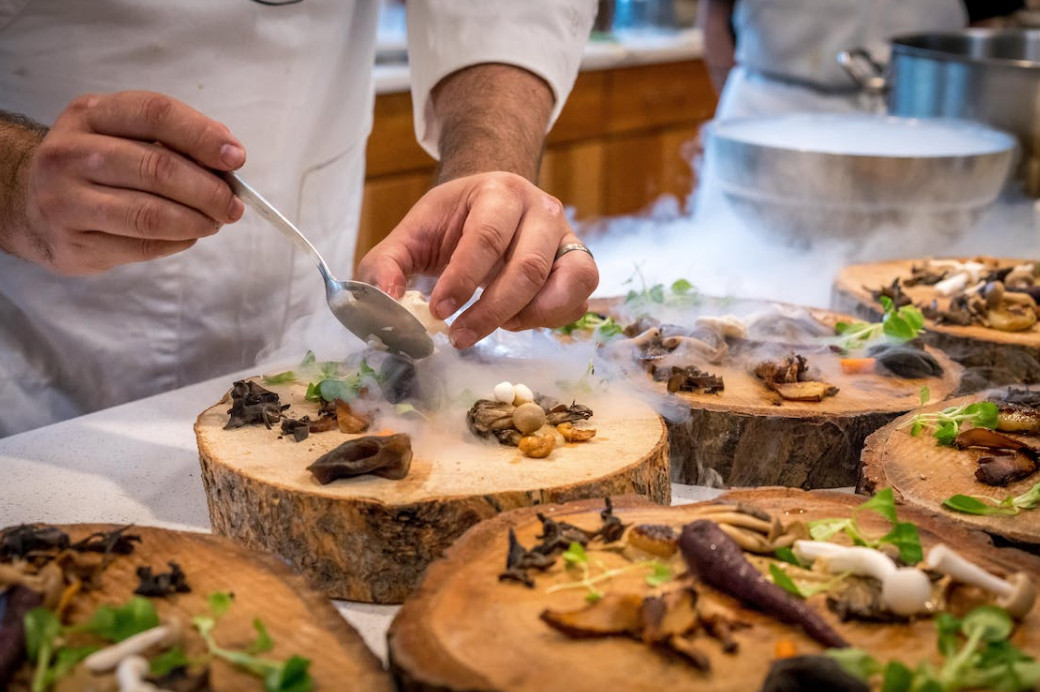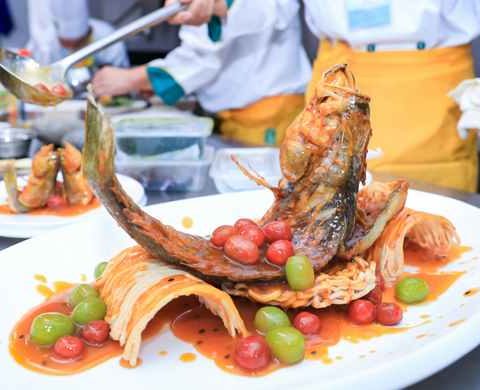Why Culinary School is Important
The culinary school is the place where you can get proper education and mentorship to become a successful chef. Students who enroll in these schools will be taught techniques that are essential for cooking. They will also learn about the different types of food, how to use knives and other kitchen equipment, as well as how to work in a professional kitchen.
Some schools offer certificates or diplomas for students who complete their coursework successfully. Other schools offer students with associate degrees in culinary arts or bachelor’s degrees in culinary arts and hospitality management.
What are the Benefits of Attending Culinary School?
Culinary schools offer a variety of benefits to their students. These benefits include the opportunity to learn more about cooking and food, networking, exposure to different cuisines and positive learning environment.

How to Pick the Best Culinary School for You
Choosing a culinary school is a difficult decision. There are many factors to consider.
1) The school’s curriculum
The cooking school is the best place for students to learn from experienced chefs. The curriculum is designed to provide students with a strong foundation in culinary skills and techniques.
The curriculum has been designed to provide students with a strong foundation in culinary skills and techniques. It includes courses in food safety, sanitation, nutrition, ingredients, and cooking techniques. Students will also learn about the history of food and its cultural significance.
2) The teachers’ qualifications and experience
The academic qualifications and experience of professors or teachers is an important factor in how well students learn. In the United States, most universities require their professors to have a doctorate degree. It is also common for schools to hire professors with a PhD as well as teaching experience. For example, at Harvard University, all faculty members must hold a PhD or equivalent degree in their field and have demonstrated excellence in teaching.
A study found that a professor’s experience and qualifications have a direct impact on the quality of education. It is important to have qualified, experienced teachers in order to ensure that all students are getting the best education possible.

3) Culinary School Facilities
The facilities at the culinary school should also be taken into account because they can help you learn how to cook better and faster as well as provide you with better access to equipment like knives, ovens, food processors, etc.

4) The school’s location
The school is located in the heart of the city and is easily accessible by public transportation. The campus has a variety of buildings that house classrooms, labs, sports facilities, and administrative offices.
5) The cost of the cooking school
The cost of the cooking school depends on the location, whether it is a private or public institution, and the duration of the program.
The cost of tuition for a private cooking school can range from $4,000 to $20,000. Public cooking schools are more affordable and can be as low as $1,500. The duration of the program also impacts the cost because shorter programs are less expensive than longer ones.
6) Whether or not the cooking school is accredited by a reputable organization such as ACF, AIHA, IACP, or IATP.
If you are looking for an accredited cooking school, then make sure that it is accredited by one of the organizations mentioned above.
How to Prepare for a Day at a Culinary School
The first step to preparing for a day at a culinary school is to know what you want. Do you want to be a chef, pastry chef, or a sous chef? Knowing your goals will help you plan out your coursework and prepare for the workload.
The second step is to understand the different types of culinary schools. There are two types of schools: vocational and non-vocational. Vocational schools offer hands-on training and are more expensive than non-vocational schools. Non-vocational schools offer more theory than hands-on training. The choice between these two types of culinary schools comes down to individual preference and the type of work you want to do in the future.







